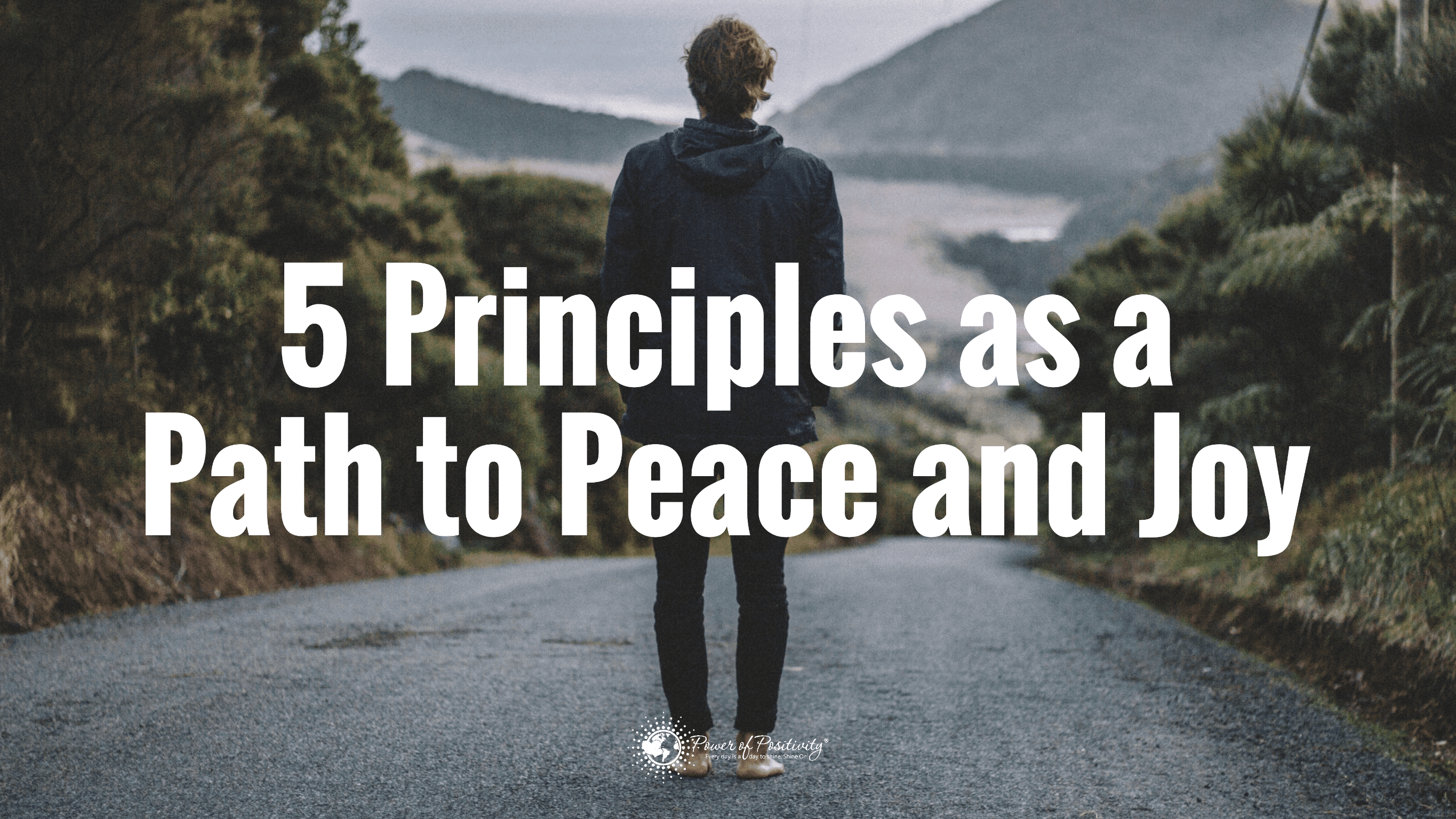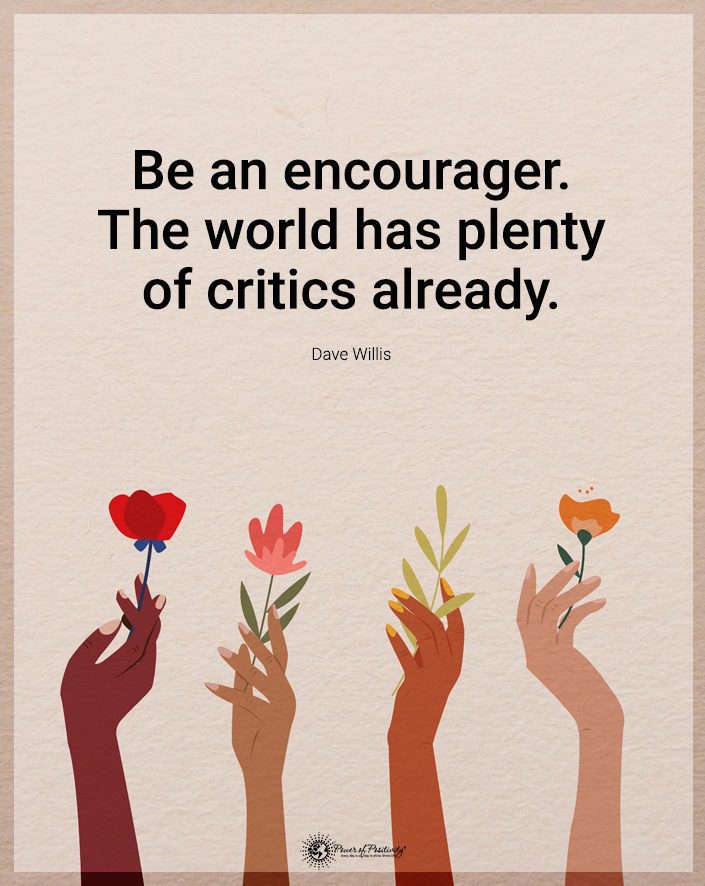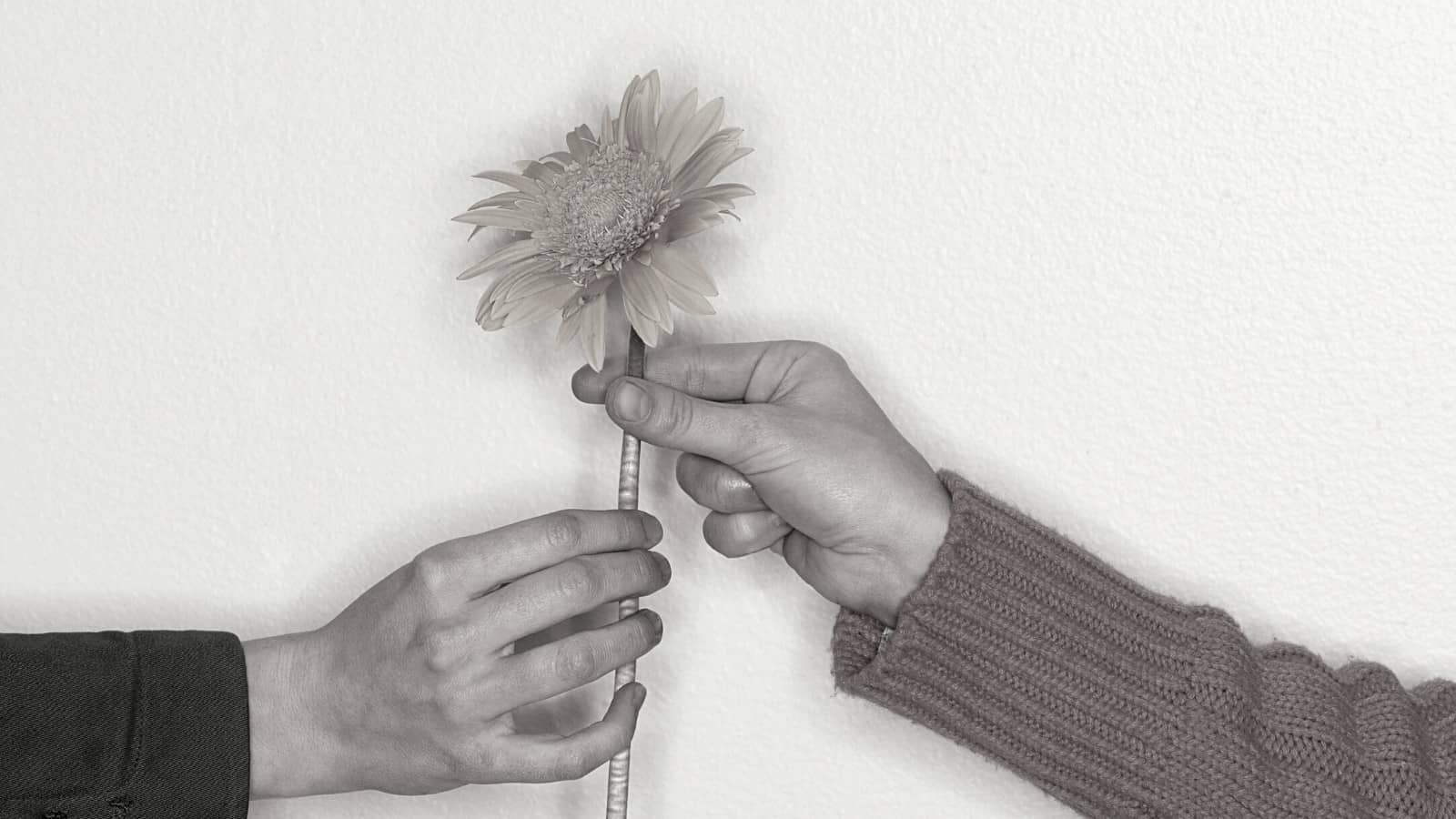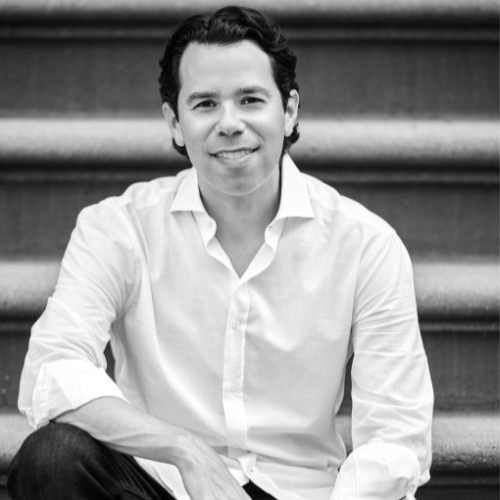Are you looking for a path to peace and joy in your life? For many of us, we seek an approach or methodology that will lead us to feel lighter in all areas of our lives. But to be light, we first must be solid.
And that’s why it’s necessary to create a firm foundation on which to build our lives, a foundation that will tell us who we are and how we can achieve a more free-flowing way of life. It’s by laying a foundation for being rather than doing, that we’re able to act more naturally, without having to overthink what we do.
The truth is that we’re so inwardly focused and directed at self, that we constantly feel overwhelmed by cares, worries, and anxieties. Instead, it’s essential that we remove the focus on ourselves and understand the importance of selflessness, which becomes the unifying thread between each of the following five principles.
Five Principles That Lead Us to Peace and Joy in Life
1 – Kindness
In many ways, kindness is the key to all of the other principles – and everything else in life. As the fourteenth Dalai Lama has famously said,
“Be kind whenever possible. It is always possible.”
It doesn’t get much simpler than that. Kindness is guided by compassion and achieved by letting go of judgments and allowing for emotional vulnerability. Kindness lightens both our minds and burdens and becomes its own reward. Indeed, it may be the kindest thing you can do for yourself.
2 – Gratitude
The feeling of gratitude builds directly off of kindness, creating a natural flow for being. Ultimately, gratitude depends on developing an awareness of what you have in life and the good that is already around you.
By helping us become more in tune with the things we should be thankful for, gratitude helps us become more present in the moment. When we develop a mindset that things happen “for me, not to me”, we let go of the need for controlling the events of our lives, which allows for a more light and free sense of being.
3 – Integrity
This foundational principle provides a solid basis for consistent decision-making. It means recognizing and living your core values and forgoing the rationalization that ignores basic truth, honor, and respect. At its heart is decency, as integrity induces us to define our values and take responsibility. By doing so, we build a strong default for decision making, removing much of the grey area and ambivalence we often face.
As Albert Camus famously wrote,
“Integrity has no need of rules.”
4 – Humility
When we think about humility, it has much to do with your perspective on life and how it can recenter your purpose by reducing the size and scope of misplaced self-importance. Humility creates a context for everything we experience by helping to understand our own significance – and insignificance – in the grand scheme of things.
Having perspective is a central value and this is strengthened by cultivating awe. When we allow ourselves to be awestruck by the world around us, we worry less about being awestruck by ourselves.
5 – Acceptance
Coco Chanel once said,
“Don’t spend time beating on a wall, hoping to transform it into a door.”
The principle of acceptance is based on our ability to accept what is and let go of what isn’t. By embracing flexibility, we allow ourselves to cope with change because it roots us in reality and relieves us of impractical expectations.
Acceptance ultimately helps us to acknowledge the truth and change the narrative of the stories we tell ourselves. As a result, we become more sensible, practical, and mature.
And so it’s possible, with open-mindedness, to make a conscious decision to build a foundation for peace and joy in a way that is both manageable and effective. These principles are foundational, and therefore fundamental to our being.
Final Thoughts on Finding the Path to Peace and Joy
Just as important, they are principles that we can incorporate into our lives in a way that feels natural and instinctive, helping us to understand our place in society and our purpose for being. It gives us a perspective for viewing the world around us with an attitude of abundance and objectivity.
Louise Hay once wrote, “I don’t fix my problems. I fix my thinking and then my problems fix themselves.”
With that sentiment in mind, the five principles are intended to offer an adjustment to your thinking.
They will challenge the standards you feel are most important and offer a path to peace and joy through virtues and values that can stand the test of time. It’s a back-to-basics, “Unself Help” approach that simplifies in order to strengthen.




















 Community
Community

